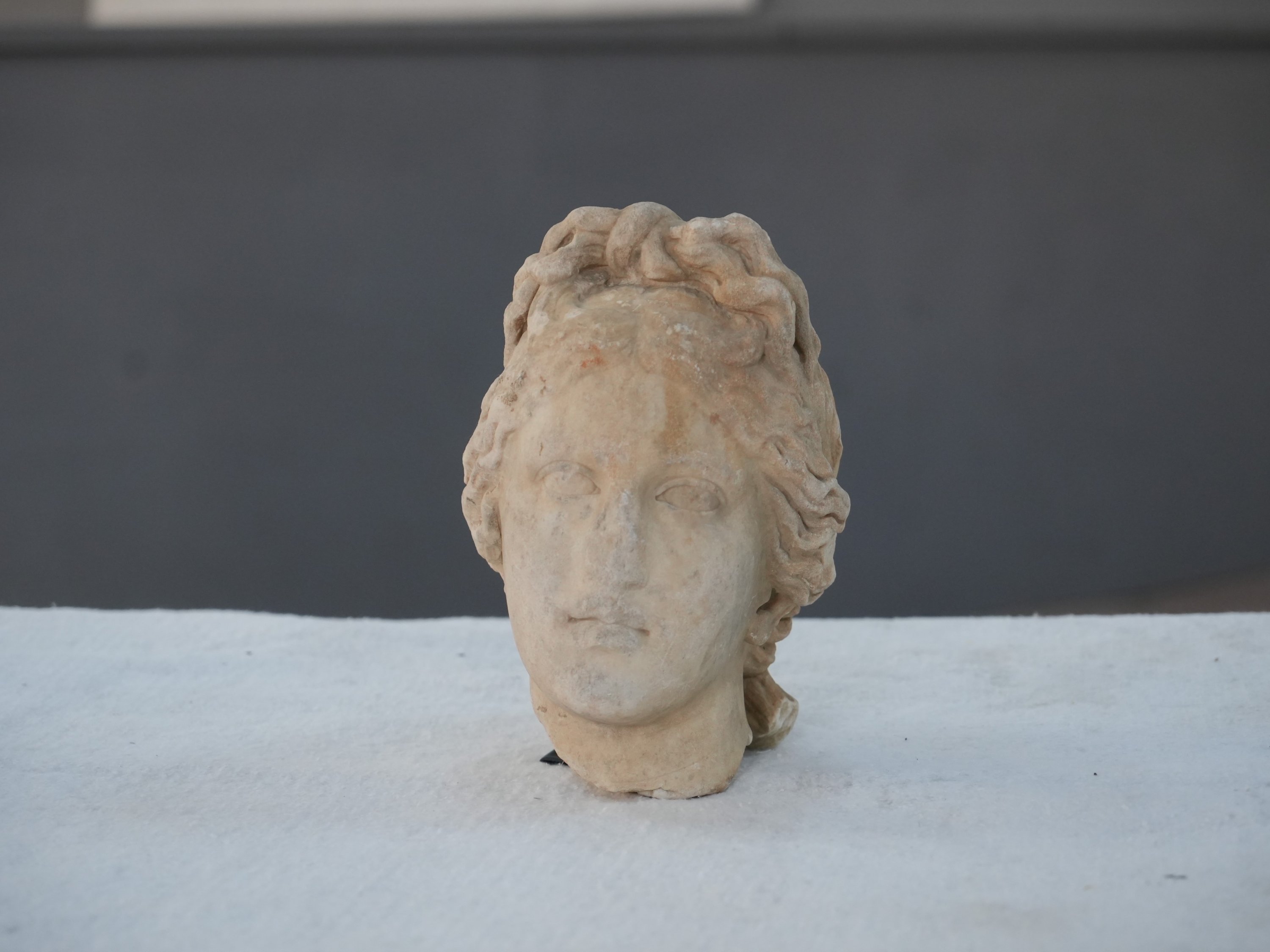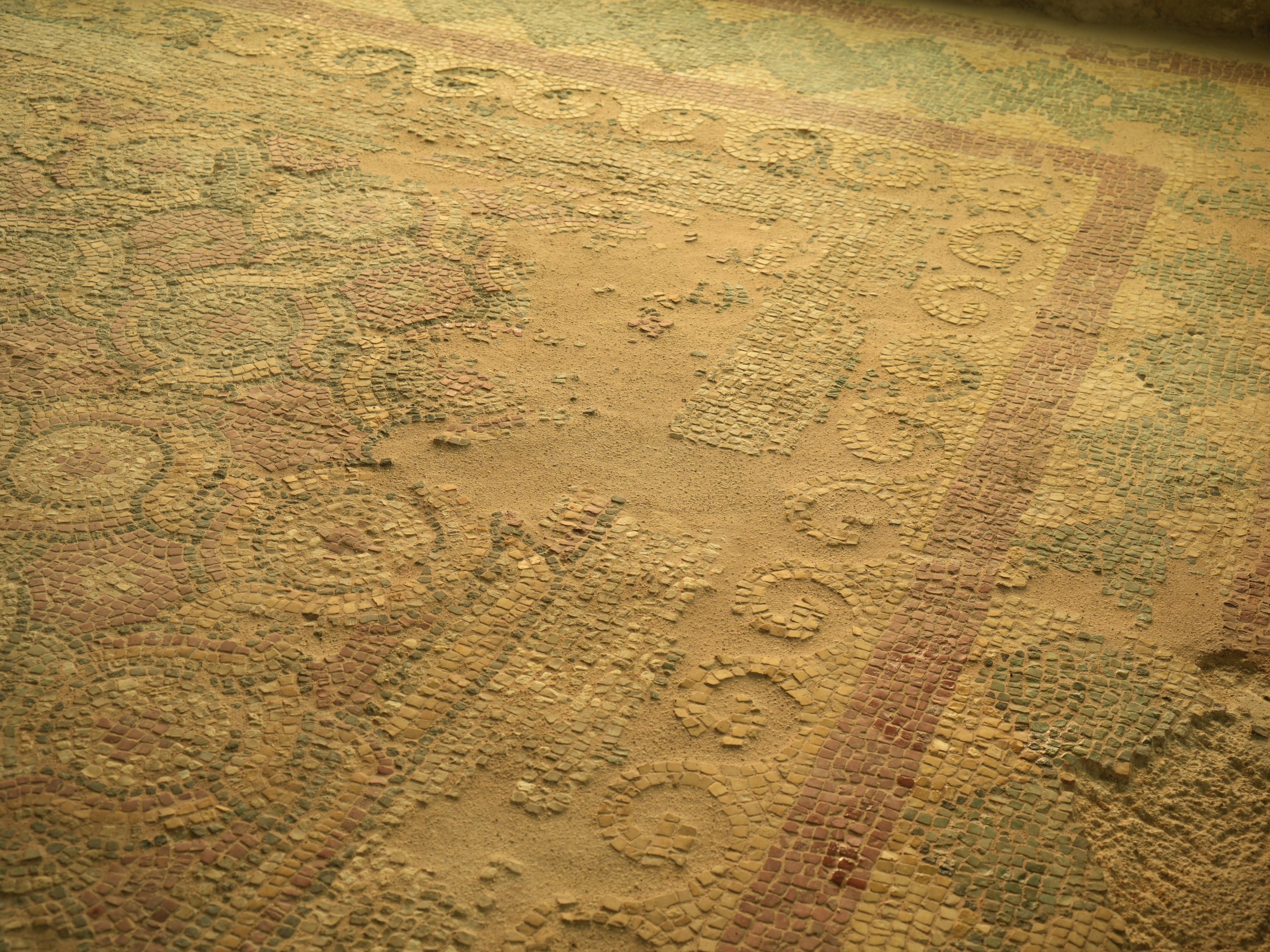© Turkuvaz Haberleşme ve Yayıncılık 2025
The ancient city of Pompeipolis, located in the Taşköprü district of Kastamonu, is gaining attention as a significant archaeological site and is being compared to renowned cities like Ephesus and Zeugma. With ongoing excavation efforts, Pompeipolis is expected to become a major tourism destination in the coming years, offering a unique glimpse into Anatolia's rich Roman heritage.
Excavations at Pompeipolis, ongoing for several years, accelerated significantly in 2024. Once one of the largest cities in Anatolia during the Roman era and the capital of the Paphlagonia province, Pompeipolis is being excavated under the leadership of the Kastamonu Museum Directorate. The project is overseen by Dr. Mevlüt Eliüşük, a faculty member at Karabük University. These efforts are expected to transform the site into a major tourism hub within the next two years.
The excavations are primarily taking place at Zımbıllı Tepe, the location of the ancient city. One of the most notable discoveries in 2024 was the unearthing of two fragments of a statue of Aphrodite, the Greek goddess of love. This statue, a first for the region, has generated excitement among the excavation team. The statue fragments are being preserved, and restoration work will take place later this year, as part of the Ministry of Culture and Tourism's "Future Heritage Project."

In addition, archaeological work in a Roman villa uncovered an ancient mosaic, which has been carefully restored and reinstalled in its original location.
Excavations at Pompeipolis are far from complete, with significant work expected in the coming years. In 2025, the focus will shift to the basilica and bathhouses of the city, with excavation efforts continuing in these areas. One exciting prospect is the planned creation of a walking path between the theater and the Roman villa, linking key structures in the site. These developments are expected to make Pompeipolis a must-visit destination on Türkiye's tourism map.
According to Eliüşük, the excavation efforts have gained substantial momentum over the past three years, especially in 2024, thanks to funding from the Ministry of Culture and Tourism. The ongoing excavations are expected to yield more remarkable discoveries, further solidifying Pompeipolis as an important historical site.

Pompeipolis is increasingly recognized as one of the most significant archaeological sites in the Black Sea region. According to Hüseyin Arslan, the mayor of Taşköprü, the city, once the capital of Paphlagonia, is home to some of the largest and best-preserved Roman-era structures in the area, including a theater, odeon and villa. Arslan is confident that Pompeipolis will soon be known as the "Ephesus of the Black Sea," emphasizing the city's cultural and historical importance.
The newly unearthed Roman road, connecting the theater to the villa, is expected to become a major feature for visitors, offering a fascinating glimpse into ancient Roman infrastructure. With ongoing efforts, Pompeipolis is set to join the ranks of Türkiye’s most renowned archaeological sites, attracting tourists from around the world.
The excavation work is expected to have a significant impact on both local and national tourism. Provincial Culture and Tourism Director Kerem Seven emphasized that the "Future Heritage Project," under the presidency’s initiative, is playing a crucial role in securing financial support for the excavation efforts. With continued investment, Pompeipolis will become a key player in the region’s tourism economy, benefiting the local community and contributing to the broader growth of Türkiye’s tourism sector.
